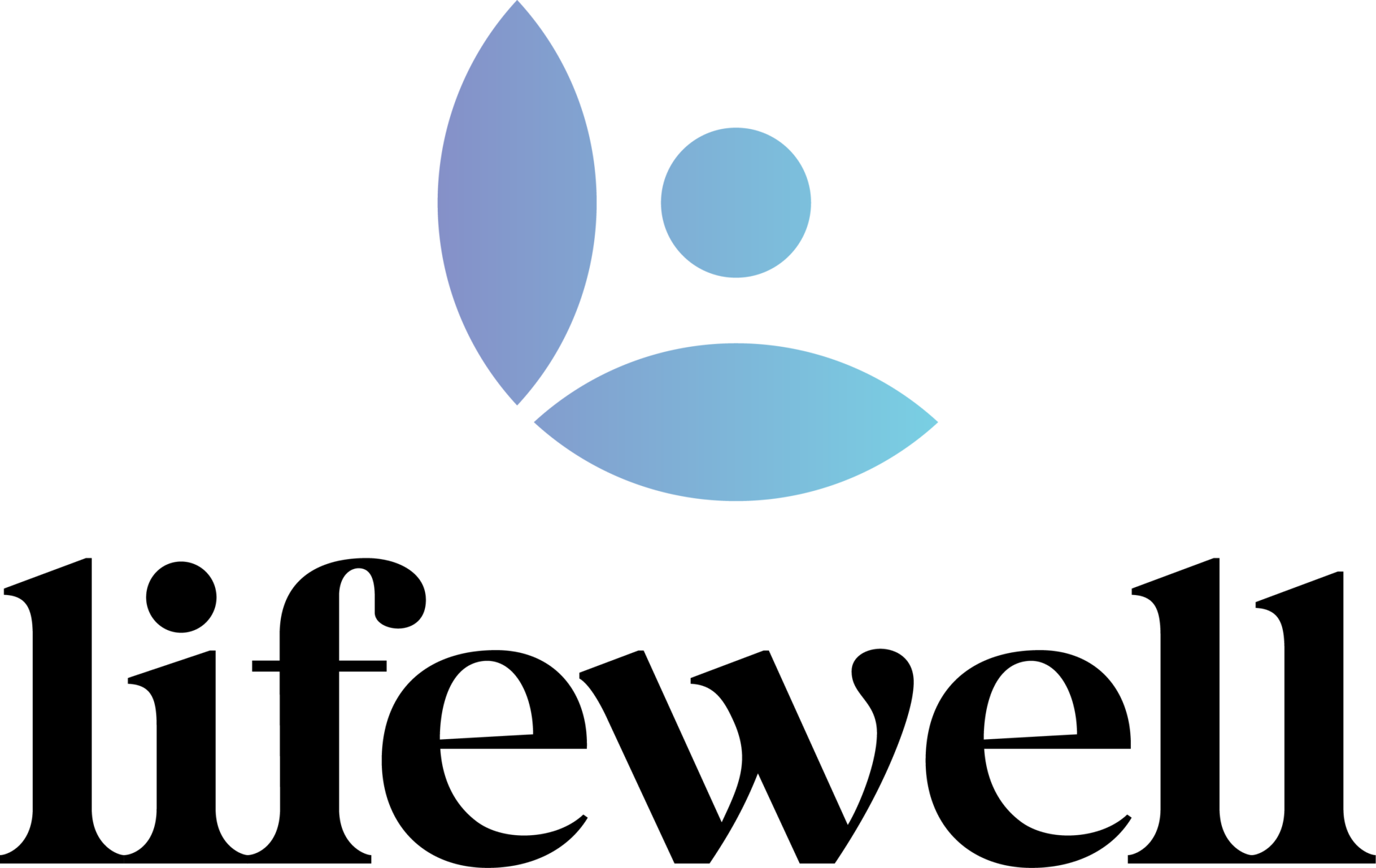If you are struggling with a problem, it can be helpful to seek advice from someone else.
You might start with your best friend. You could seek out a family member. You may be fortunate to have a coworker whom you can talk to about work issues or personal problems. If the problem rises to a serious level, a professional therapist would be the best choice.
Having a strong support system is invaluable.
But who you go to is important.
You may have a friend who is a great listener, someone who is knowledgeable. They might have the capacity to give unbiased advice. However, that is not often the case. A good friend is likely to defend you because they want to have your back.
Their advice will come from their own life experience. They will direct you to what they see as the best solution.
Family will also likely have a biased perspective or just tell you what they want you to do. And sometimes your family is part of the problem.
You could utilize a coworker to discuss a work problem or vent about stress. This relationship may even be close enough that you share personal information. A colleague can provide mentorship to help you reach your work goals. A good supervisor can support you in professional development.
But what if your problem is at work? If you are burned out, underperforming, and unmotivated, if a change is needed in your career path, you would not likely seek them out.
I am not suggesting that friends, family, or coworkers are unhelpful resources when you have a problem, but there are times when guidance or mentorship outside of those relationships is essential.
Coming back to my initial question: who do I talk to about this? Below are suggestions to help you find the right person to support you with a problem.
Qualities of a Good Mentor:
- Exhibits active listening skills.
- Wants to share relevant knowledge and expertise.
- Displays positivity and enthusiasm.
- Provides honest and constructive feedback.
- Is reliable and consistent.
- Can be innovative and creative.
- Has a growth mindset.
As a Life Coach, I do a lot of mentoring. I provide a space that is confidential, growth-focused, skill-based, supportive, and goal-driven within the context of a trusted relationship.
However, life coaching is not all about giving advice. I focus on helping my clients raise their awareness around the mindset and habits that may keep them stuck in a problem. We identify the problem-solving skills to help them move forward.
I encourage you to be intentional about who you talk to in support of your personal growth. And if you don’t know who a good mentor would be, you can schedule a free virtual consultation for my life coaching services here.
